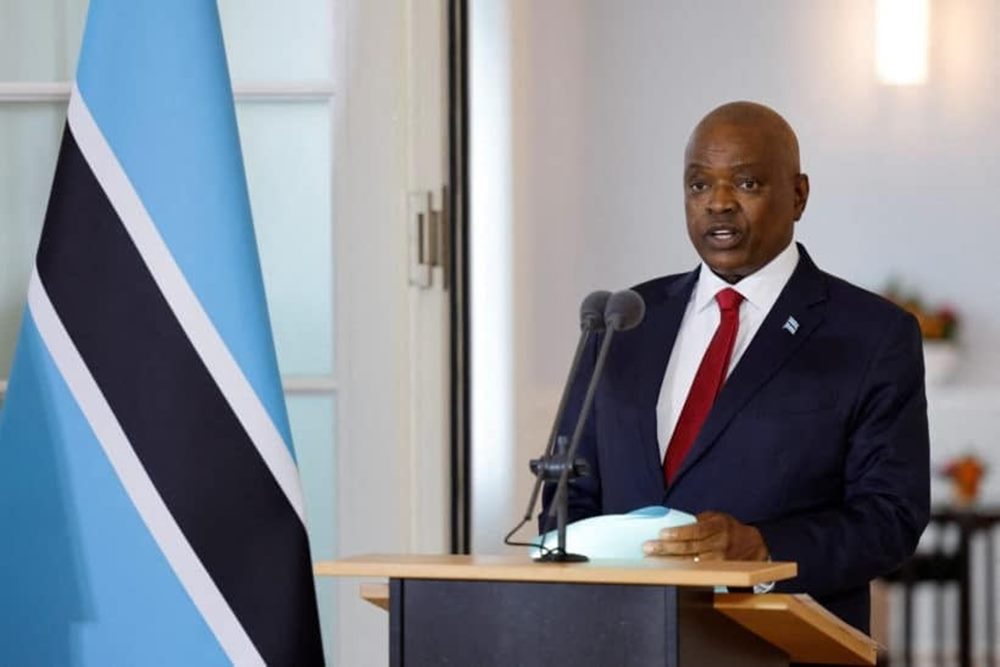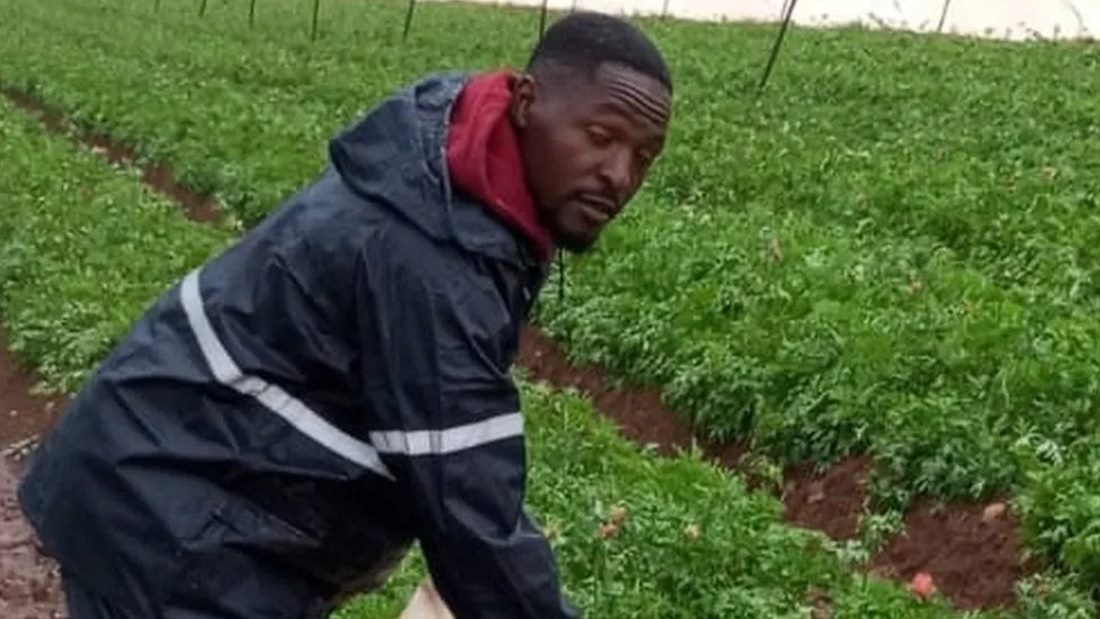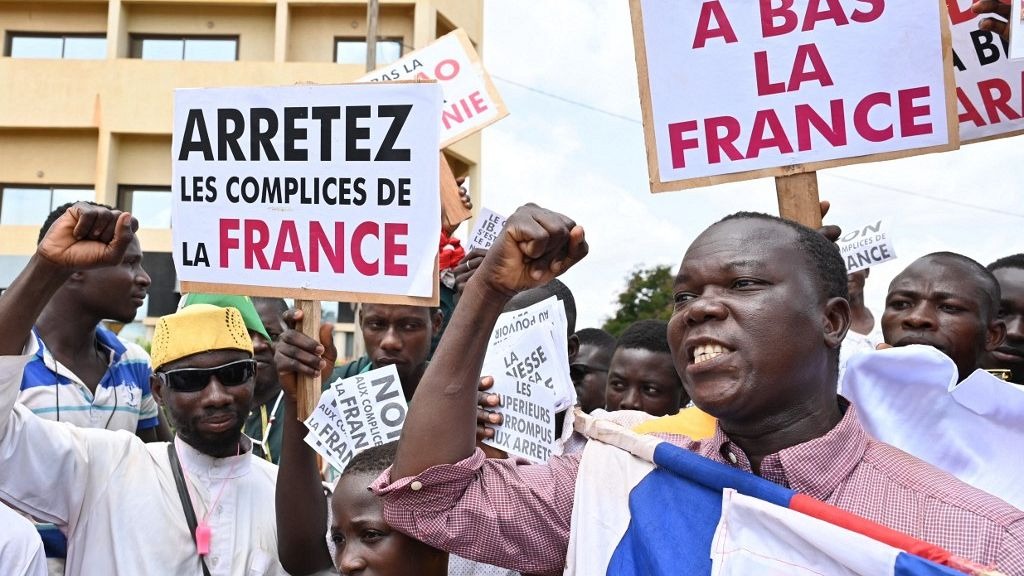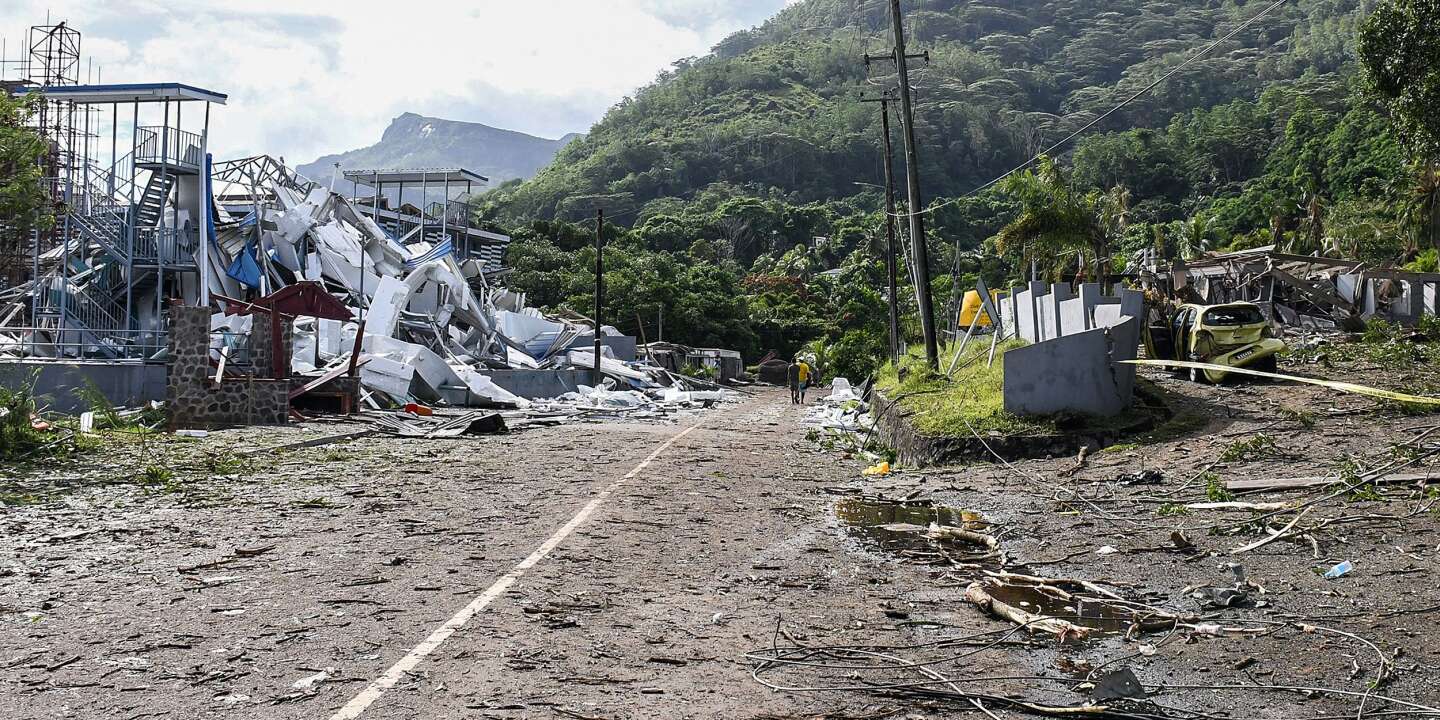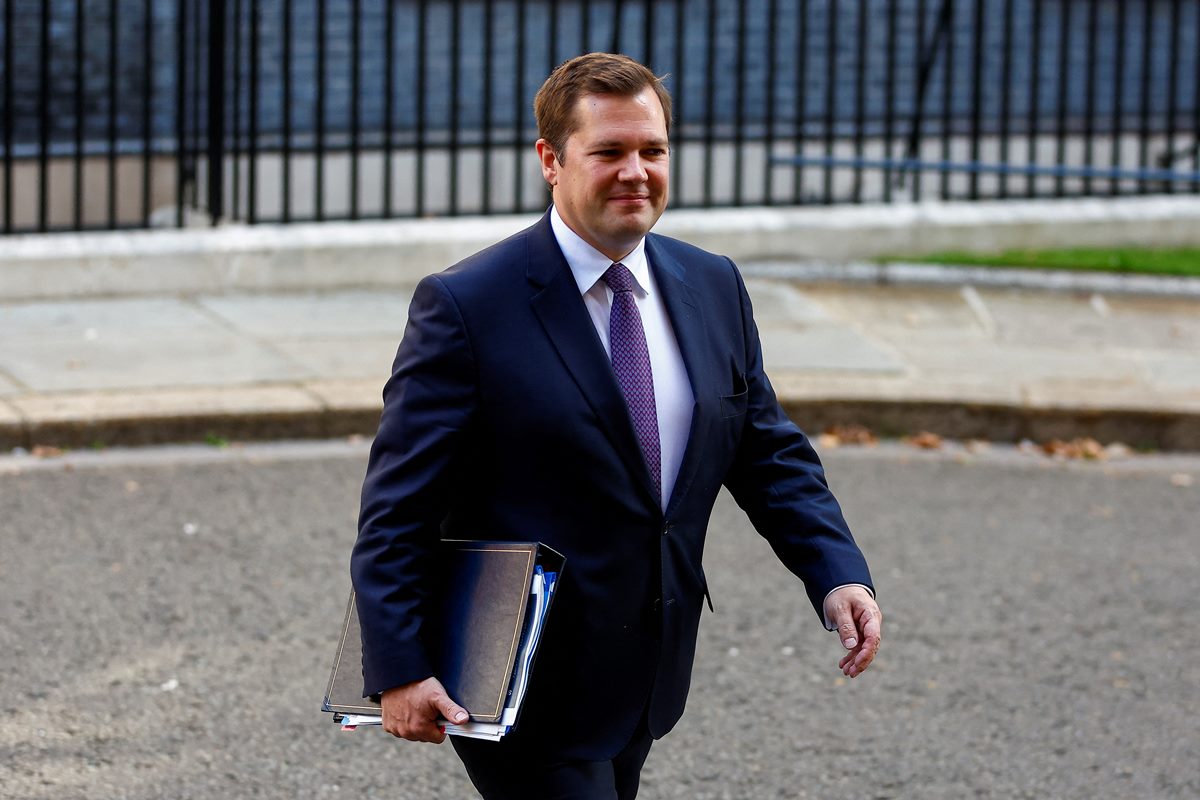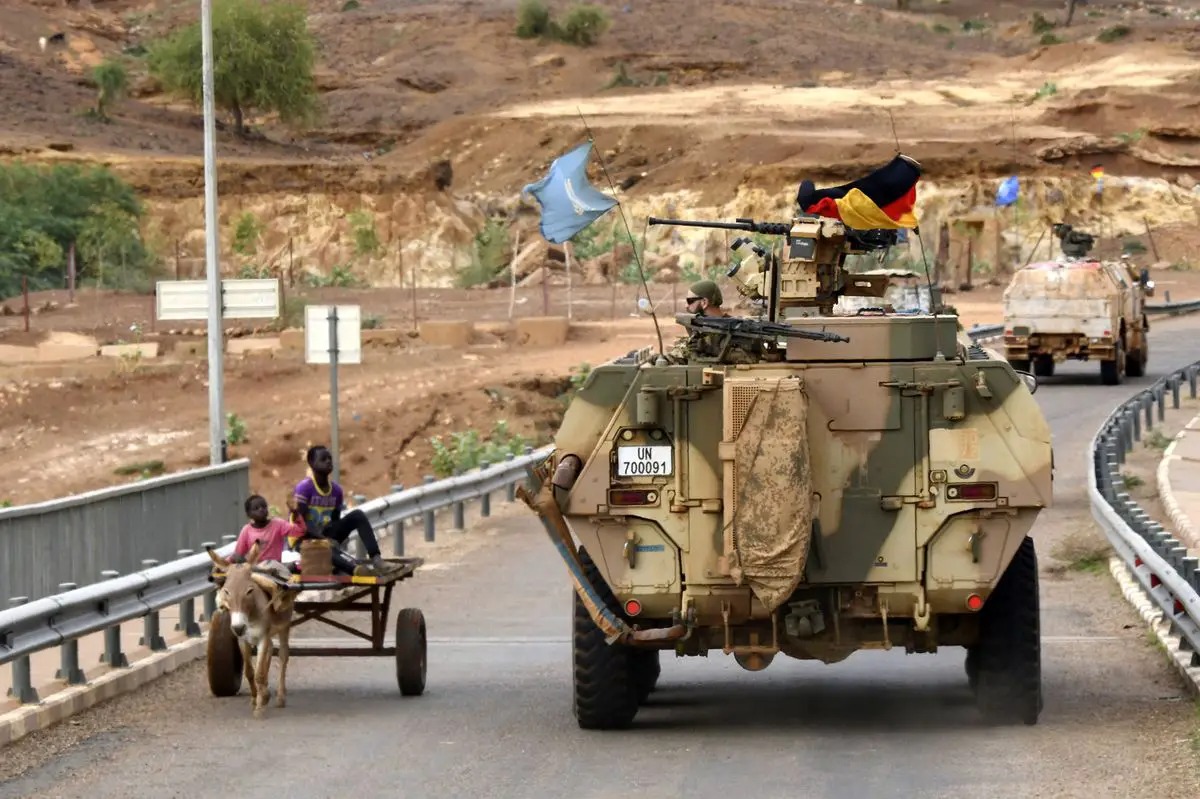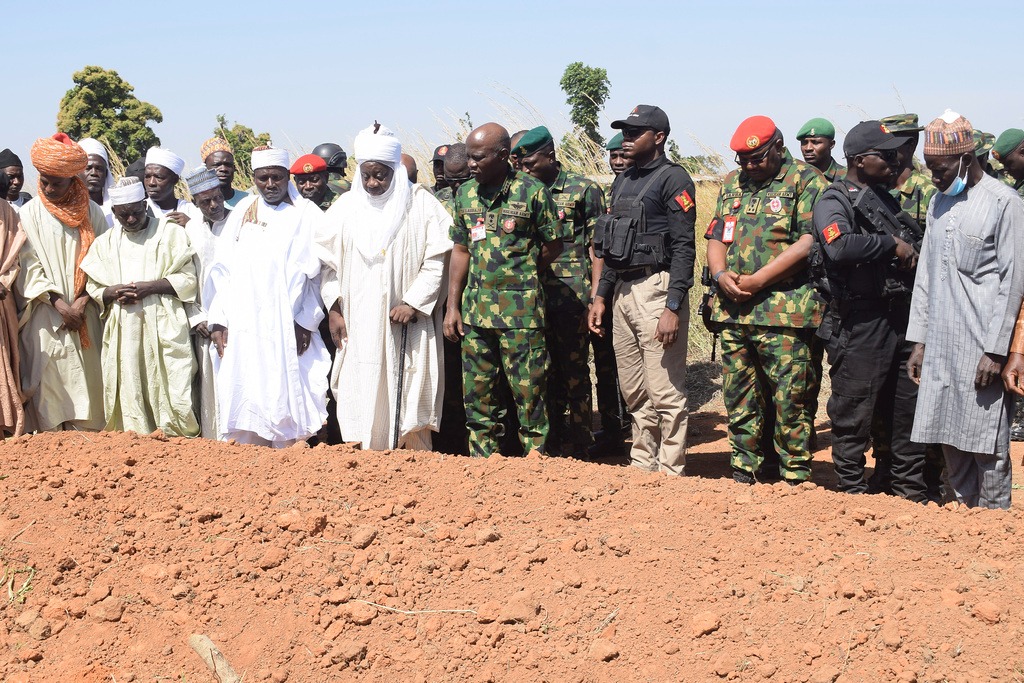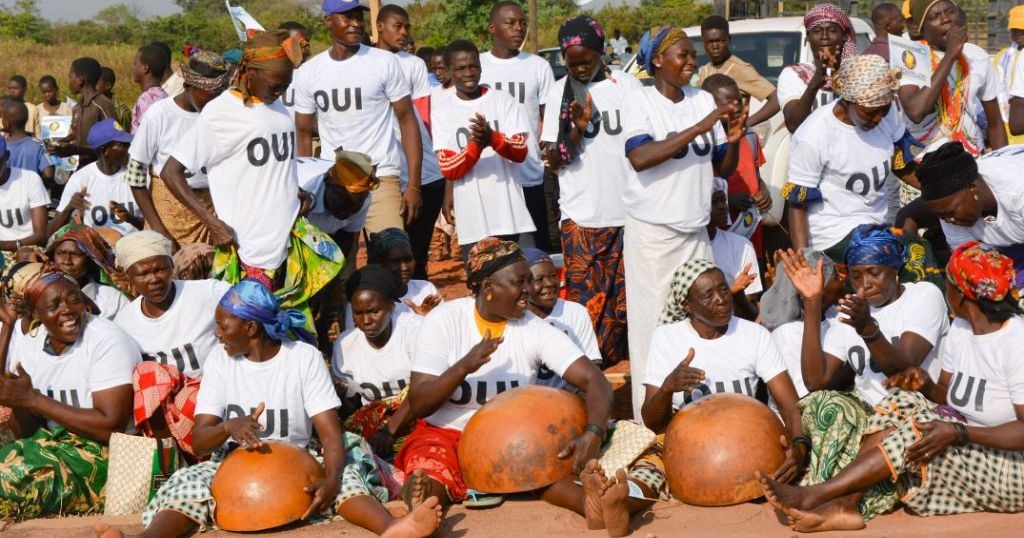In a significant development, Aberdeen has been selected as the second headquarters for the Department for Energy Security, as part of the UK Government’s plans to relocate civil service roles outside of Westminster. The move is expected to be completed by 2027, with the aim of shifting 22,000 Civil Service positions away from the capital by 2030.
Scottish Secretary Alister Jack expressed his enthusiasm for the decision, hailing it as “great news” that underscores the government’s commitment to the north-east of Scotland, as well as the oil, gas, and renewables sectors. This move aligns with the government’s broader efforts to support the region’s economy and promote sustainable energy sources.
This decision builds upon the existing Aberdeen City Regional Deal, which had previously secured £90 million in funding for the city’s Net Zero Technology Centre. The centre focuses on advancing technologies to decarbonise the oil and gas industry, playing a crucial role in the nation’s transition to a net-zero economy.
Energy Minister Andrew Bowie emphasised the significance of the department’s second headquarters in Aberdeen, highlighting the region’s pivotal role in the country’s journey toward achieving its net-zero ambitions. This decision not only strengthens the local economy but also reinforces the government’s commitment to fostering sustainable energy practices.
The move of the Department for Energy Security to Aberdeen marks a milestone in decentralising governmental functions and recognising the expertise and potential of regions outside of the capital. It is expected to create new employment opportunities, attract investment, and further establish Aberdeen as a hub for energy competence and innovation.
As the transition to a net-zero future gains momentum, the selection of Aberdeen as a key administrative centre demonstrates the government’s dedication to supporting the energy sector while driving sustainable growth and addressing environmental challenges.




